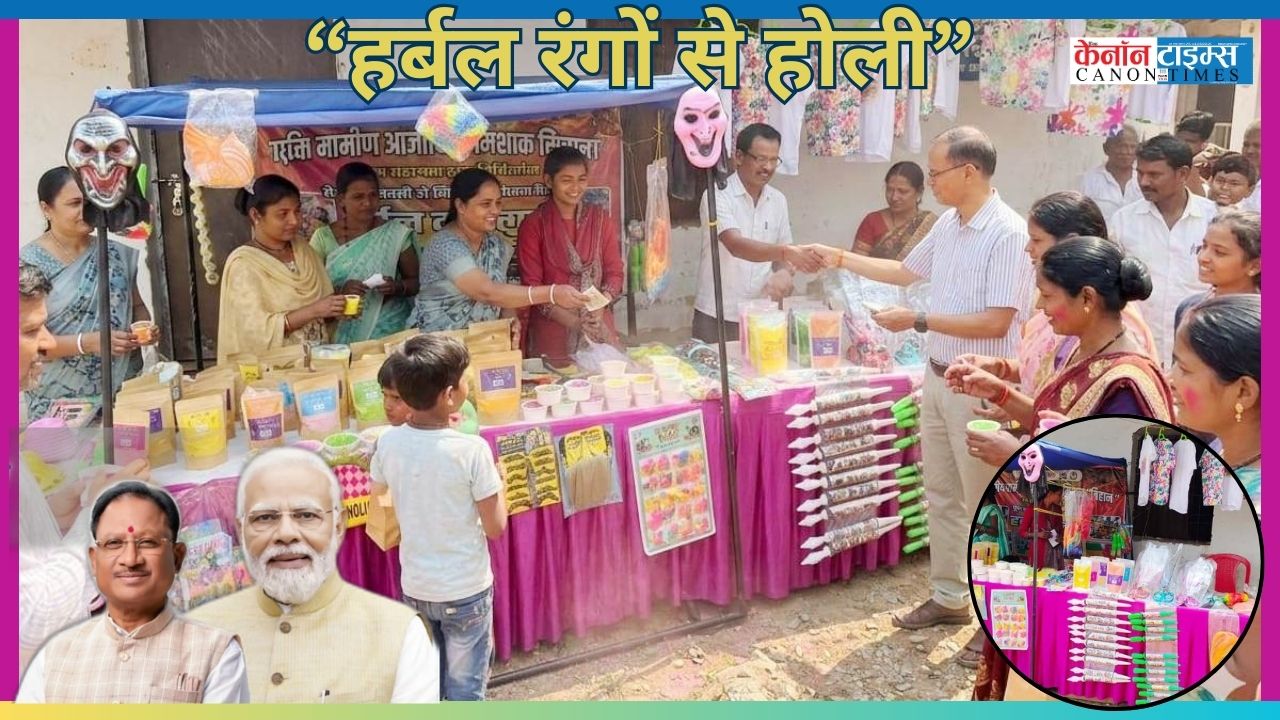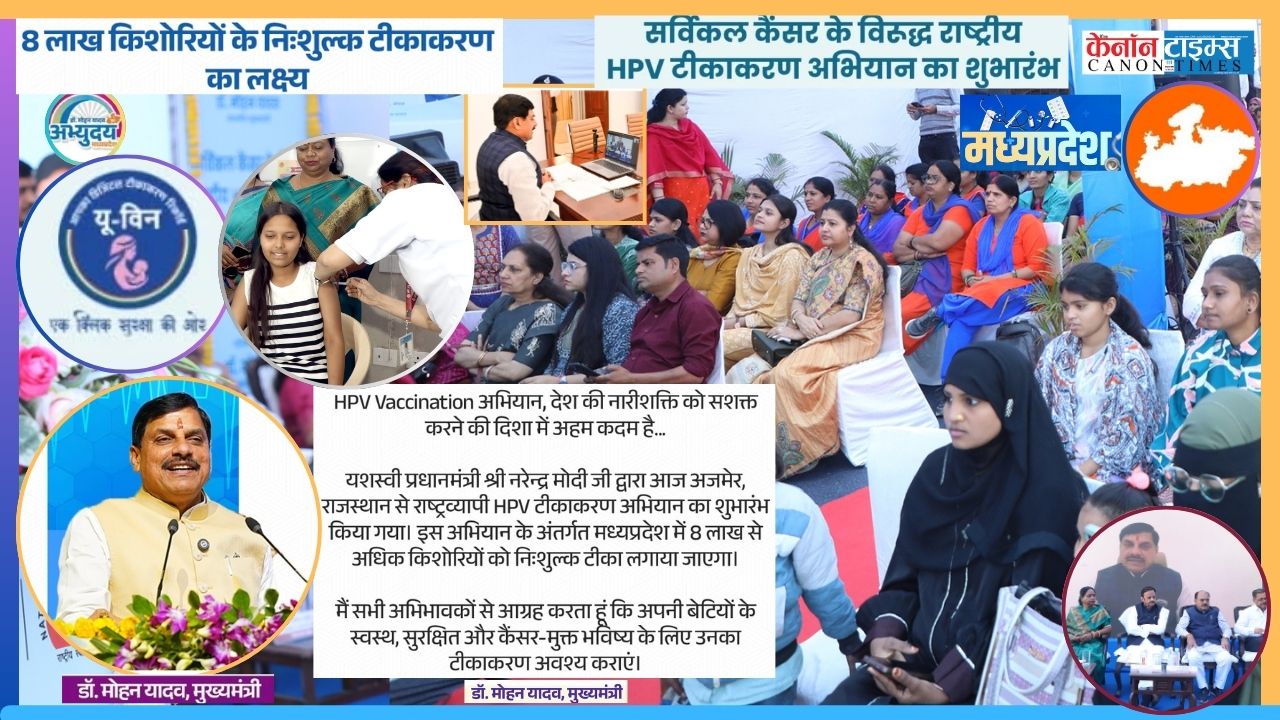The Patna High Court ruling against greater reservation for certain communities in work and education highlights the judiciary’s rigorous adherence to the 50% total reservation ceiling. The verdict invalidates the Nitish Kumar regime’s decision to increase reservation rates for Backward Classes (BC) from 12% to 18%, Extremely Backward Communities (EBC) from 18% to 25%, and Scheduled Castes and Scheduled Tribes from 16% to 20% and 1% to 2%, respectively. This increased the overall number of reservations to 65%.
The court has struck down the Bihar government’s attempt to expand its affirmative action programme based on Caste Survey findings, citing judicial precedents that have established a legal bar on reservations beyond 50%. The government’s preamble to the amending law said that it sought for “proportionate equality” based on caste-specific population numbers, which may have been incorrect. The court agreed with the petitioners who challenged the higher quotas because appropriate representation does not imply ‘proportionate representation’, as clarified in the famous nine-judge ruling in Indra Sawhney (1992).
Raising quotas for specific sections based on the state’s population may violate the constitution if the total reserve percentage exceeds the allowable limit.
Unfortunately, the court’s focus on the reservation ceiling led to the rejection of the State’s claim for extraordinary circumstances. Indra Sawhney permitted exceeding the quota ceiling in “extraordinary situations”.
It stated that those living in rural or far-flung locations may need to be treated differently. The court denied Bihar the benefit of an expanded quota, citing geographical remoteness as the sole justification. It is difficult to accept that a state with limited human and social development should be denied the ability to build its social justice agenda through executive and legislative power. The court acknowledged the lack of thorough research prior to implementing strengthened reservations. The survey’s breakdown of caste and economic situations raises questions about its thoroughness.
Although there may be a need to prune the BC or EBC list based on recent success, it may not be necessary to obstruct efforts to increase representation of historically impoverished groups just because they exceed the quota.
ABHISHEK VERMA
Author: This news is edited by: Abhishek Verma, (Editor, CANON TIMES)
Authentic news.






